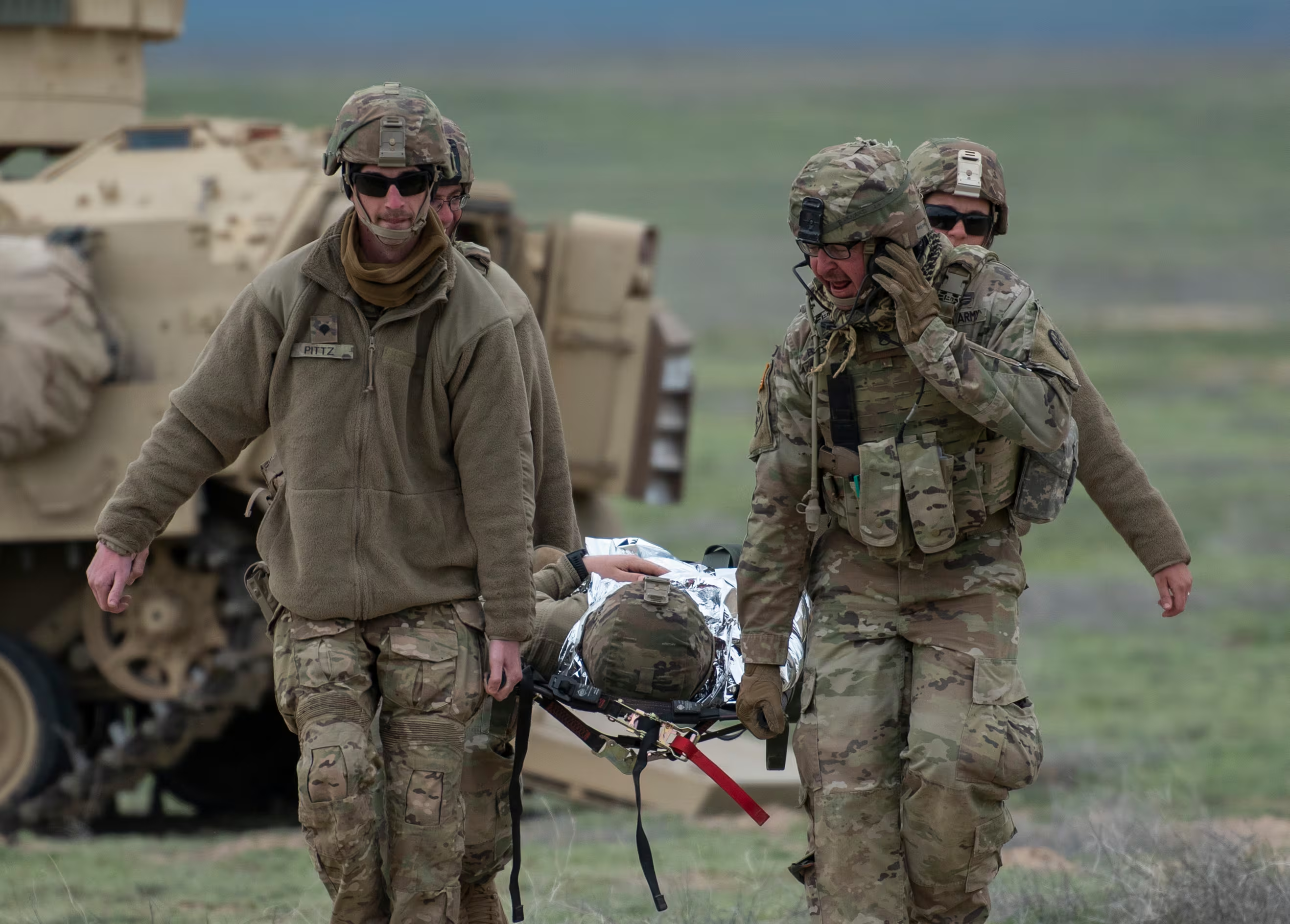WASHINGTON — A group of animal rights activists wants to know why the Department of Veterans Affairs is conducting controversial medical experiments on dozens of dogs at a Virginia laboratory with insufficient public disclosure on the practice.
The accusations come from the group White Coat Waste Project, a bipartisan group of activists focused on taxpayer-funded animal experimentation.
They say the experiments are taking place at several VA medical facilities, but the most unsettling reports stem from the McGuire VA Medical Center in Richmond, Virginia.
Reports include induced heart attacks, invasive brain-damaging surgeries and a variety of stomach ailment simulations which mutilate or kill the animals.
"The abuses are consistent with McGuire VAMC's disturbing track record of oversight and management failures," group officials said in a letter to the VA Inspector General, VA leaders and key congressional committees released Tuesday.
Lawmakers working with the group said they're disturbed by the accusations.
"Just as the VA was held accountable for delivering subpar care to our nation's veterans, it should answer for the possible abuse of animals and waste of taxpayer funds on haphazard research," said Rep. Ed Royce, R-Calif., in a statement.
"Members of both parties have asked the federal government to take a closer look at the animal research it administers, in an effort to save innocent animals from harm and reduce expenses when viable alternatives to animal-based testing exist."
Rep. Dina Titus, D-Nev., called the reports an "apparent pattern of dog abuse," pointing to serious leadership problems for the Virginia facility.
"Taxpayers should not fund experiments that abuse animals or violate the law," she said.
In a statement, VA officials said "providing the best care and services to the nation's veterans is paramount to the department" and said past medical research has resulted in the creation of advances like implantable cardiac pacemakers, the nicotine patch and electronic health records.
The department insists all VA animal research is closely monitored, with standards that exceed state and private-sector regulations.
Current testing involving dogs includes research into diabetes, brain functions and the effects of canine companionship in post-traumatic stress disorder treatment.
While VA isn't the only federal agency involved in the practice, WCW officials argue its documentation is confusing and incomplete, leaving many questions about how humane the experiments are and whether they are producing any valuable information.
"There is virtually no information on hand to say exactly what the purpose of these experiments are," said Justin Goodman, vice president for public policy at WCW.
A report released by WCW last November found that more than 1,100 dogs are subjected to "painful, bizarre and wasteful experiments inside federal agency laboratories each year," including the VA work.
Published research by VA researchers notes the work has produced insights into a variety of illnesses, along with information on cardiovascular systems and the efficacy of various medications.
But animal rights activists have long challenged how applicable those findings are to human physiology.
Regardless of the results, the WCW letter said VA hasn’t complied with reporting standards to ensure the experiments are being conducted properly. McGuire VAMC officials reported using 31 dogs in tests in fiscal 2014, 22 in fiscal 2015 but none in 2016 — even though they identified potential animal handling violations there in fiscal 2016, in filings to other agencies.
Those violations include a pair of "sloppy, incompetent surgeries" that killed three dogs and were reported to the NIH, though perhaps not the VA secretary’s office.
The VA Inspector General, Mike Missal, is scheduled to testify before the House Appropriations Committee on Wednesday on a variety of department oversight topics.
Leo Shane III covers Congress, Veterans Affairs and the White House for Military Times. He can be reached at lshane@militarytimes.com.
Leo covers Congress, Veterans Affairs and the White House for Military Times. He has covered Washington, D.C. since 2004, focusing on military personnel and veterans policies. His work has earned numerous honors, including a 2009 Polk award, a 2010 National Headliner Award, the IAVA Leadership in Journalism award and the VFW News Media award.




